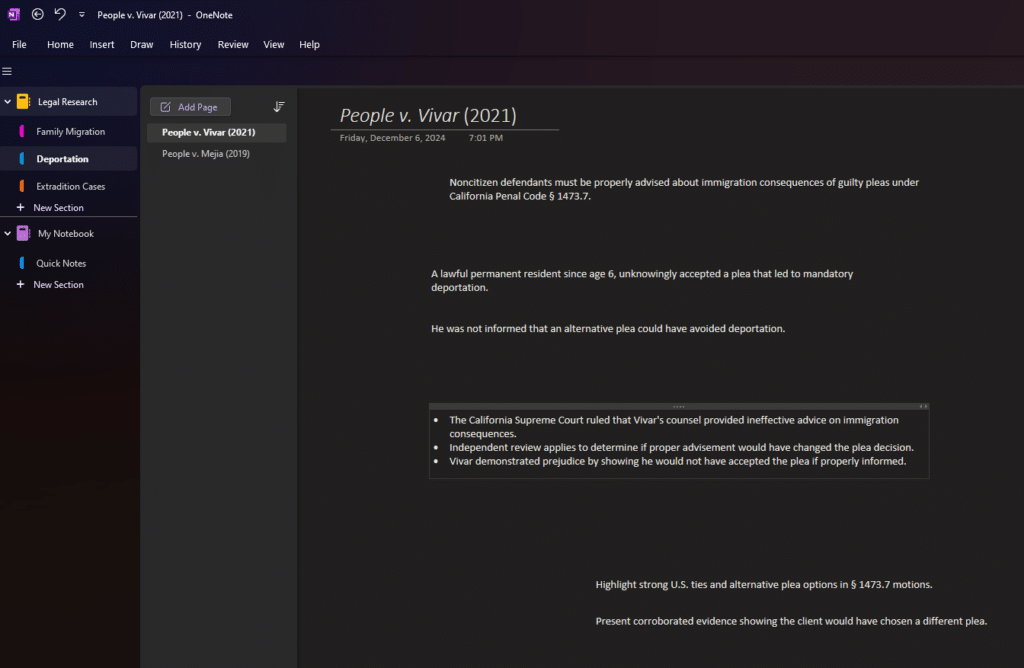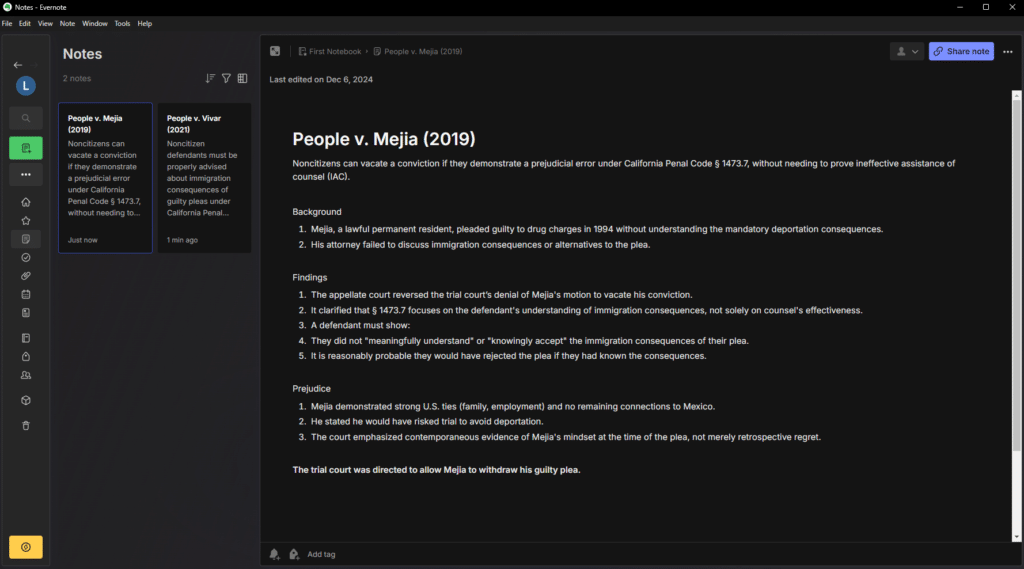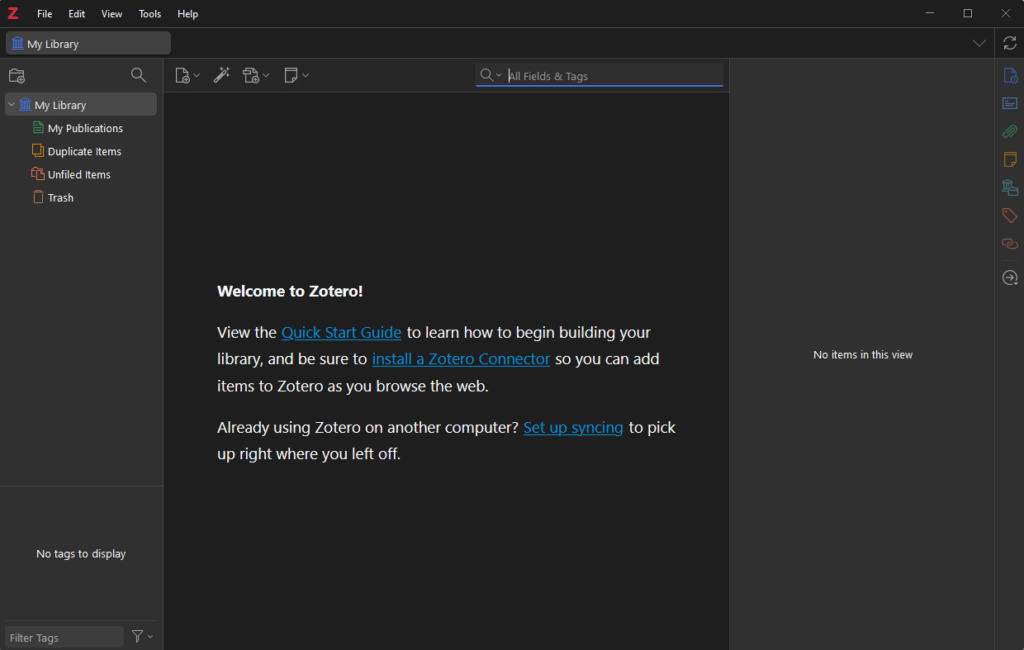Looking for free software for legal research with free access to legal materials? This article reviews the best free tools to help you manage and streamline your legal documents efficiently.
Introduction to Legal Research
Legal research is a cornerstone of the legal profession, enabling legal professionals to stay abreast of the latest developments, laws, and regulations. In an era where information is vast and ever-changing, effective legal research requires a blend of skills, knowledge, and the right tools. Modern legal research tools have become indispensable for law firms, helping lawyers streamline their research processes, enhance accuracy, and ultimately provide better client services. These tools not only save time but also ensure that legal professionals have access to the most current and relevant legal information, making them a vital part of any law firm’s arsenal.
Importance of Organizing Legal Research for Legal Professionals

Effective legal practice is anchored in the well-organized execution of legal research, which allows legal professionals to focus on their clients and cases without being hindered by haphazardly managed information. By utilizing efficient and free legal research tools, law firms can ensure high-quality investigation while still fulfilling client expectations, making certain that all necessary pieces of legal information are at hand. This method not only elevates productivity but also enhances time management skills, allowing for a more calculated examination of case specifics.
The process of conducting thorough legal research encompasses identifying crucial facts, arguments, and doctrines pertinent to various judicial matters. When such research is systematically arranged, it empowers practitioners within the field to dissect components of law with increased proficiency—streamlining comprehension and application thereof. The resulting clarity permits an intensified concentration on pivotal data and reasoning, which better informs decision-making processes as well as the groundwork for case strategies. Discerning primary from secondary sources remains essential in formulating solid jurisprudential argumentation.
In our modern digital era marked by technological advancements, automated solutions for conducting this type of investigative work meet the demands for affordable access to dependable resources and enhanced productivity capabilities among contemporary law practices. Platforms like eSudo prove invaluable helping these entities select technology apt at amplifying output levels through artificial intelligence (AI) integration alongside automation features thus minimizing traditionally manual undertakings whilst ensuring those within this professional sphere maintain leading positions amidst evolving landscapes.
Types of Legal Research Tools
Legal research tools can be broadly categorized into several types, each serving a specific purpose within the legal research process. Understanding these categories can help legal professionals choose the right tools for their needs:
- Case Law Research Tools: These tools provide access to case law from federal and state courts, enabling lawyers to research and analyze relevant cases. They are essential for tracking court decisions and understanding judicial precedents.
- Statutory Research Tools: These tools offer access to statutes, regulations, and legislative materials, helping lawyers stay up-to-date with changes in the law. They are crucial for understanding the legal framework and statutory requirements.
- Secondary Sources for Legal Research: These tools provide access to secondary sources such as legal encyclopedias, treatises, law review articles, and legal textbooks. They offer analysis, commentary, and insights into legal issues, helping lawyers build a deeper understanding of the law.
Case Law Research Tools
Case law research tools are indispensable for legal professionals, providing access to a wealth of case law from federal and state courts. These tools enable lawyers to research and analyze relevant cases, track court decisions, and stay informed about the latest legal developments. Some of the most popular case law research tools include:
- Westlaw: Known for its comprehensive coverage and advanced search capabilities, Westlaw is a leading online legal research platform. It offers access to a vast database of case law, statutes, and regulations, making it a go-to resource for legal professionals.
- LexisNexis: Another top-tier legal research tool, LexisNexis provides extensive access to case law, statutes, and regulations. Its powerful search features and user-friendly interface make it a favorite among lawyers.
- Fastcase: Offering a cost-effective alternative, Fastcase provides access to case law, statutes, and regulations. Its intuitive design and affordability make it an attractive option for smaller law firms and solo practitioners.
Statutory Research Tools
Statutory research tools are essential for accessing statutes, regulations, and legislative materials. These tools help legal professionals stay current with changes in the law and ensure they have the most up-to-date information. Some of the most popular statutory research tools include:
- LexisNexis: In addition to its case law research capabilities, LexisNexis offers comprehensive access to statutes, regulations, and legislative materials from both federal and state governments. Its advanced search functionalities make it easy to find relevant information.
- Westlaw: Westlaw provides extensive access to statutes, regulations, and legislative materials, with powerful search features that help legal professionals quickly locate the information they need.
- Bloomberg Law: This comprehensive legal research platform offers access to a wide range of legal materials, including statutes, regulations, and legislative documents. Bloomberg Law’s robust search capabilities and user-friendly interface make it a valuable tool for legal research.
By understanding and utilizing these various legal research tools, legal professionals can enhance their research efficiency, accuracy, and overall effectiveness, ensuring they are well-equipped to handle the complexities of the legal landscape.
Google Scholar

Google Scholar serves as an essential legal research tool for those in the legal profession, granting complimentary access to a wide array of legal documents. This includes articles, case law, academic dissertations, and patent filings. The platform allows users to conduct precise searches by utilizing specific phrases or excluding certain terms from their queries. Google Scholar enables individuals to filter results according to authorship or date of publication, which significantly improves both the precision and relevance of their research endeavors.
Despite its reputation as a general-purpose scholarly engine, Google Scholar stands out due to its sophisticated search features and filtering mechanisms that offer significant benefits for conducting comprehensive legal inquiries. Such capabilities have made it a trusted resource among professionals at organizations like eSudo who depend on it for meticulous internal investigations. Additionally, Google Scholar can be used to find legal blogs that provide insights and guidance, complementing other online tools and enhancing the understanding of legal concepts.
Accessible online through Google Scholar is an abundance of key legal information sources including those provided by the Legal Information Institute (LII), thereby establishing itself as a cornerstone resource not just for current law practitioners but also trainee lawyers seeking extensive materials related specifically to jurisprudence.
Microsoft OneNote

Microsoft OneNote offers a robust framework for managing legal research, allowing the creation of multiple notebooks tailored to distinct cases or subjects. Within each notebook, users can establish tabs corresponding to key topics that contain numerous pages and subpages for granular organization. This system allows legal professionals to maintain their research in an orderly and readily accessible manner.
With its multimedia support, OneNote serves as a versatile tool adept at storing a variety of data types pertinent to legal inquiries. Users can integrate text entries, imagery, links, and attach files directly into their notes—providing a holistic method for compiling various forms of information within one’s research. The application includes an efficient search feature capable of pinpointing precise items swiftly across all content formats.
The software narrows the divide between analog materials and digital repositories by enabling the scanning and direct incorporation of handwritten notes into OneNote itself.
Evernote

Evernote is adept at gathering a wide range of data types, such as text, images, audio clips, and various documents. Its capability to capture diverse content makes it a potent tool for legal research by allowing users to consolidate different kinds of research materials into one centralized location. The platform’s sophisticated tagging feature also simplifies the organization and retrieval process of these materials, ensuring that every detail remains accessible. Additionally, Evernote can be used to organize and access legal news, helping legal professionals stay updated on important legal developments and changes in the law.
To its ability to manage information effectively within notes including PDFs and images with searchable features—Evernote’s Web Clipper stands out for its efficiency in collecting online legal resources seamlessly. It empowers researchers by permitting them to quickly save entire web pages and articles directly into their Evernote account, which streamlines assembling relevant information from online sources without losing sight of important legal documents during the search process.
Zotero

Zotero provides a central hub for legal professionals to efficiently organize and access their research materials, making it simpler to manage vast arrays of documents and sources. Its ability to bring together all pertinent information into one streamlined workspace is especially useful for those dealing with numerous pieces of documentation. Zotero can also be used to organize research materials from state and federal courts, ensuring comprehensive legal research across various jurisdictions.
The software’s smooth integration with various word processing programs enhances the process of generating bibliographies and adding citations directly into texts. This feature facilitates automatic citation creation, ensuring precision while saving precious time that legal practitioners can better allocate towards their professional duties instead of mundane paperwork activities.
For tasks ranging from writing in a legal journal to compiling evidence for courtroom presentation, Zotero offers an array of functionalities that render it an essential tool in conducting exhaustive research within the realm of law.
Mendeley

Mendeley provides a powerful reference management platform that streamlines the organization of legal research materials. This system allows for efficient sorting and access to documents and scholarly articles, which is vital for legal professionals who work with large volumes of legal databases. Additionally, Mendeley can be used to organize and access Supreme Court decisions, making it easier to search, browse, and retrieve past verdicts by various criteria.
The software promotes teamwork by providing seamless document and note-sharing functionality among team members. Such collaborative features significantly improve the effectiveness with which groups can conduct their legal research together.
With Mendeley’s feature to annotate PDFs, users can underline important text segments and append comments within documents themselves. This function simplifies the task of evaluating content, thereby enhancing users’ ability to manage information retrieval more effortlessly.
Trello
Trello enhances the management of research initiatives by enabling users to set up boards for various segments of their investigation. This organized setup promotes improved interaction and teamwork within legal groups. By adopting a Case Management Board, legal professionals can efficiently arrange all aspects of legal work, providing immediate access to assignments and pertinent documents.
In this article, Jordan Couch from Palace Law talks about their firm’s experience of using Trello.
The Legal Calendar Board on Trello is instrumental in overseeing key dates such as deadlines, court appearances, and appointments with clients. Attorneys have the option to use checklists contained in Trello cards to segment cases into smaller tasks that are easier to handle, thereby ensuring clear-cut responsibilities and adherence to timelines.
With the availability of Trello’s mobile app, attorneys can stay engaged and effective from any location by handling duties and keeping track of important dates while away from their desks. The adoption of uniform naming methods along with templates bolsters search functionality and understanding among members of legal teams.
Notion
Notion provides an all-inclusive platform that facilitates the efficient handling of various projects and documents, which is particularly useful for legal professionals managing extensive workloads. The real-time collaborative editing tools embedded within Notion enhance teamwork during legal research processes, leading to better communication and elevated productivity.
The ability to create databases in Notion allows users to sort and file materials related to legal research with high efficiency. The sophisticated note-taking features available turn disjointed notes into neatly ordered repository that’s simple for team members to retrieve and distribute as needed.
Notion’s utilization of kanban boards offers a visual representation of tasks while also monitoring the development of ongoing legal research endeavors. By implementing this systematic methodology, those in the field can adeptly control their project workflows, thereby assisting legal professionals in staying organized throughout complex assignments.
CaseFleet
CaseFleet provides case management solutions equipped with crucial tools that streamline the organization of legal research. Its prominent functionality includes creating timelines which effectively display event sequences and related evidence, enhancing comprehension of the case timeline and pinpointing critical aspects.
The platform’s document review utility promotes the effective analysis and categorization of evidentiary documents. CaseFleet offers a comprehensive text search feature across an entire collection of case files, enabling users to promptly locate pertinent documents.
With CaseFleet’s reporting functions, practitioners can quickly produce legal materials and documentation complete with embedded links. These attributes establish it as an indispensable asset for handling complex legal scenarios.
RefWorks
RefWorks serves as an essential instrument for the arrangement and management of materials used in legal research. Its cloud-based platform promotes teamwork through seamless access to collective research content, proving especially advantageous for groups engaged in extensive legal ventures.
Through its integration with multiple legal databases, RefWorks simplifies the task of reaching out to and administering a range of legal journals and additional references. It provides necessary assistance by equipping individuals with effective means to structure their workflow meticulously, whether they are delving into research or structuring a case argument.
Juris-M
Juris-M enhances the citation management process for legal professionals by providing dedicated citation styles suited to a range of legal documents. It is designed to meet the linguistic variety required by researchers operating within various legal frameworks, offering significant advantages for those engaged in international law and transnational cases due to its multilingual capabilities.
Tailored specifically for the realm of legal research as an advanced iteration of Zotero, Juris-M includes specialized functionalities that streamline the organization and accurate referencing of legal documents. This tool equips users with essential resources whether they are navigating through federal or state court systems, bolstering their capacity to conduct thorough and precise legal research.
Frequently Asked Questions
What are the best free software legal research tools for organizing legal research?
In order to streamline the process of legal research, it is advisable to utilize platforms such as Google Scholar, Zotero, and Mendeley. These applications are specifically designed with functionalities that aid in handling legal documents and references efficiently.
Utilizing organizational tools like Microsoft OneNote and Notion can significantly enhance your ability to keep notes and research well-organized and readily available for access.
How can Google Scholar be used for case law research?
Google Scholar serves as a powerful tool for conducting legal research, allowing users to sift through an extensive collection of legal documents, articles, and case law by applying specific filters such as author name or date of publication.
As a resource, this platform provides ample access to pertinent legal scholarship, making it indispensable for thorough exploration in the field.
What makes Microsoft OneNote a good tool for legal research?
Microsoft OneNote is an excellent tool for legal research due to its ability to create multiple notebooks and integrate multimedia elements, which enhance organization. Its powerful search function also enables quick access to specific notes, streamlining the research process.
How does Evernote help in legal research?
Evernote boosts the effectiveness of legal research through its ability to gather various types of information and utilizes a powerful tagging system that facilitates straightforward categorization, making the organization and access to pertinent resources more fluid.
With its Web Clipper functionality, Evernote allows users to directly store web pages and articles into their notes, which makes the process of conducting legal research more convenient.
Why is Juris-M suitable for legal research?
Juris-M is adept at legal research as it offers specialized citation styles and multi-language support, which are essential for efficient management of legal documents and citations.
The improvements made to Juris-M beyond what Zotero provides are deliberately designed to serve the unique requirements of those in the legal profession.

